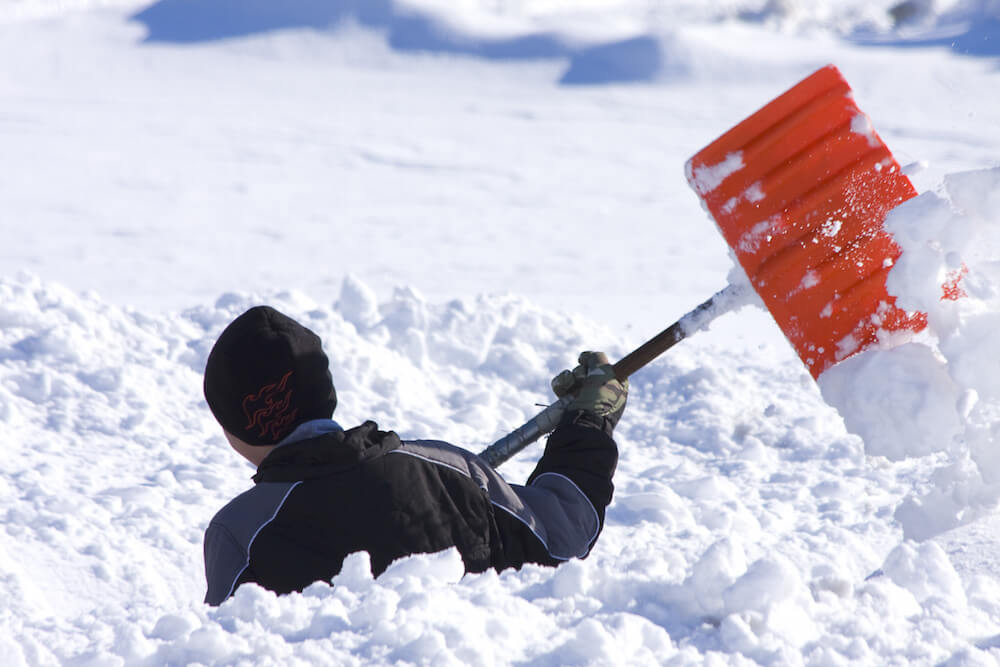Preparing for winter storms, whether your work involves being inside, outside or in a vehicle, is crucial to survival and safety. Become familiar with winter storm warning signals so that you can take appropriate action and learn the dangers of winter ailments so that you can avoid injury. Use these tips to refresh your knowledge on winter storm preparation.
Gearing Up to Prevent Cold Injuries
Frostbite and hypothermia are serious conditions resulting from extreme cold that can progress rapidly if you are ill-equipped. To prevent these conditions, which could result in death or permanent damage, do the following:
- Select proper clothing for cold, wet and windy conditions
- Layer clothing when possible and make sure you include layers that repel moisture away from the skin
- Take frequent, short breaks in warm, dry shelters when possible
- Avoid over-exhausting yourself, as the body needs this energy to keep the muscles warm
- Plan to work in pairs when it’s cold to share the load, and watch for the warning signs of frostbite or hypothermia
- When you know that you will be exposed to extreme cold, prepare yourself warm, sweet beverages to drink – avoid drinks containing caffeine or alcohol
- Prepare warm, high-calorie foods to consume if you know that you will be outside for long periods of time
Other Winter Storm Hazards to Be Prepared For
- Adverse driving conditions such as low visibility and slippery roads
- Slips and falls on icy paths or from heights
- Being struck while walking or in your vehicle by falling objects like icicles, tree limbs and utility poles
- Electrocution due to downed power lines or downed objects in contact with power lines
- Roof collapses under weight of snow or flooding from melting snow
- Exhaustion, dehydration and back injuries from conducting manual labour in the snow









